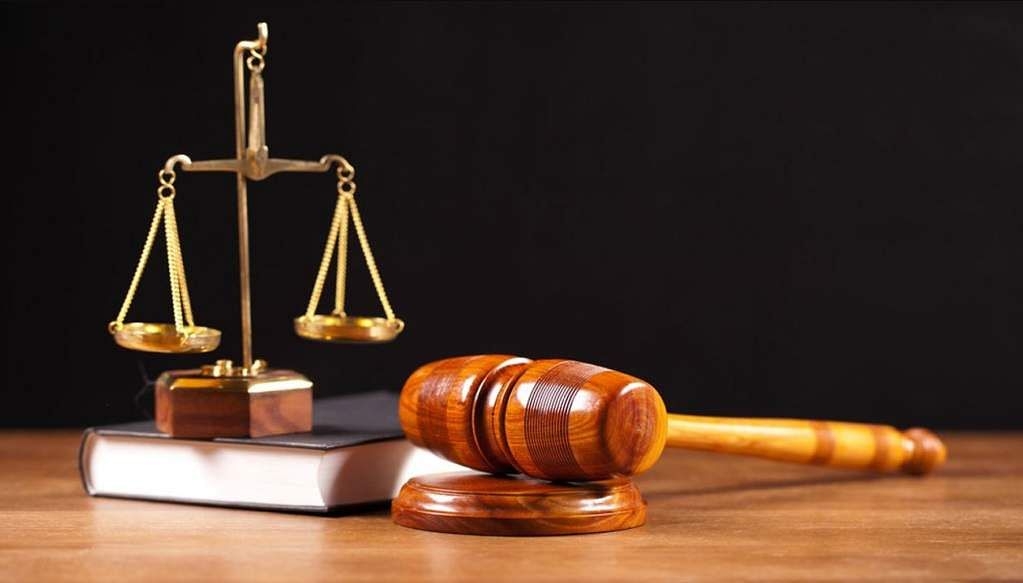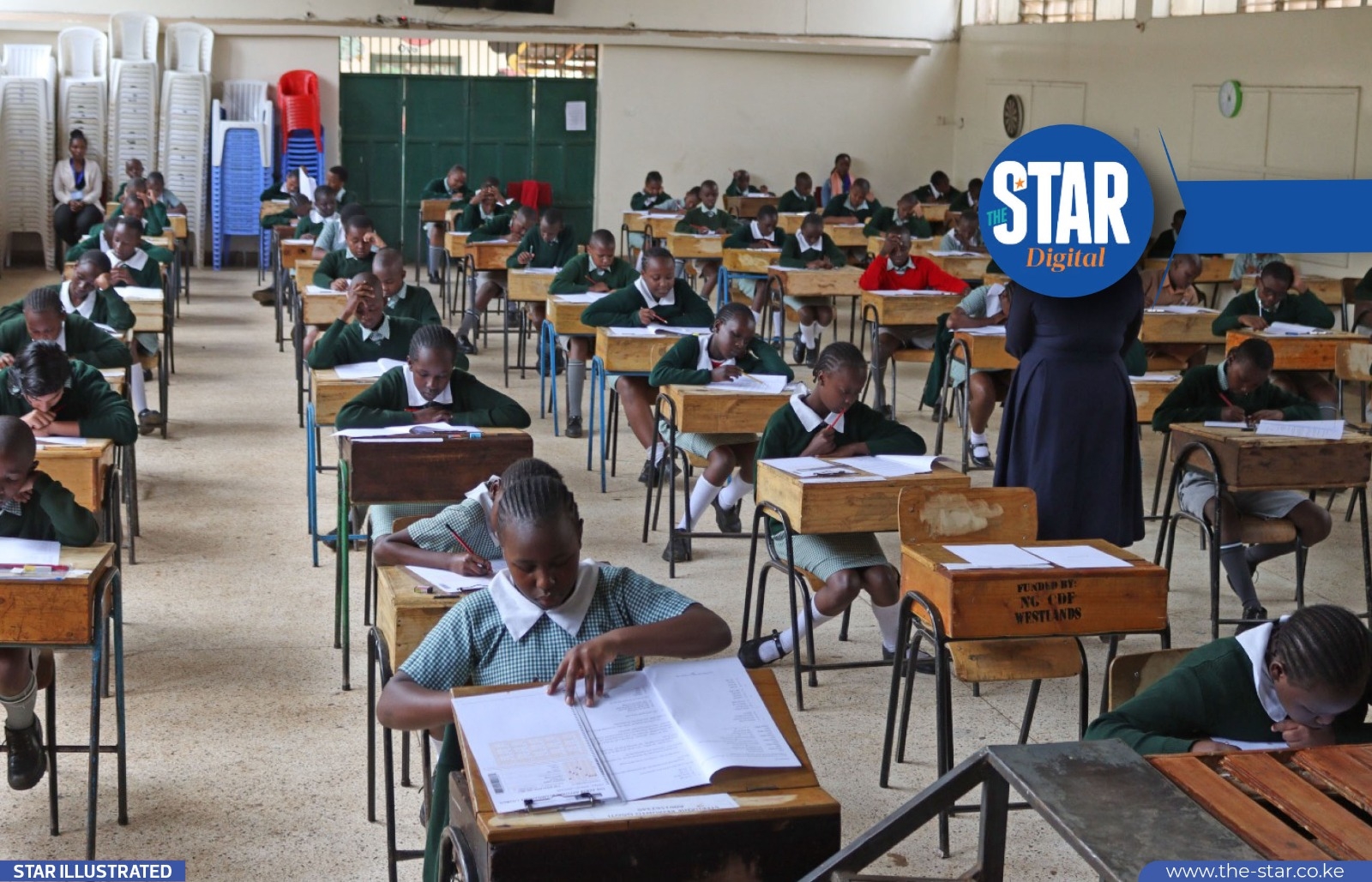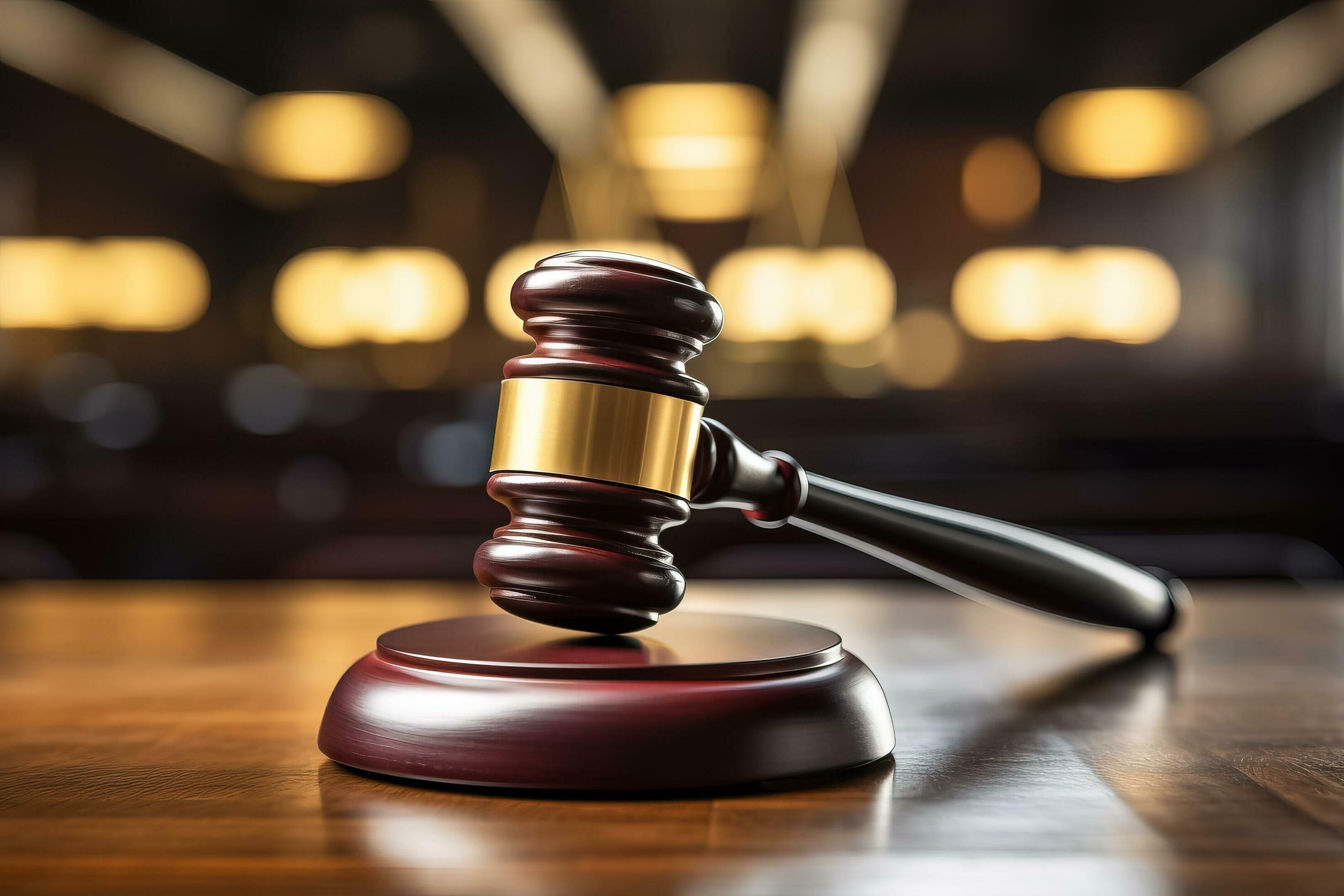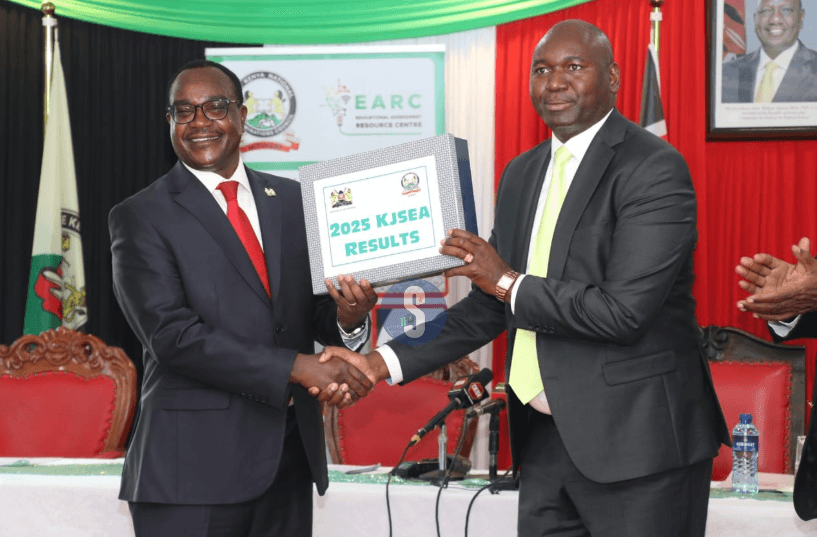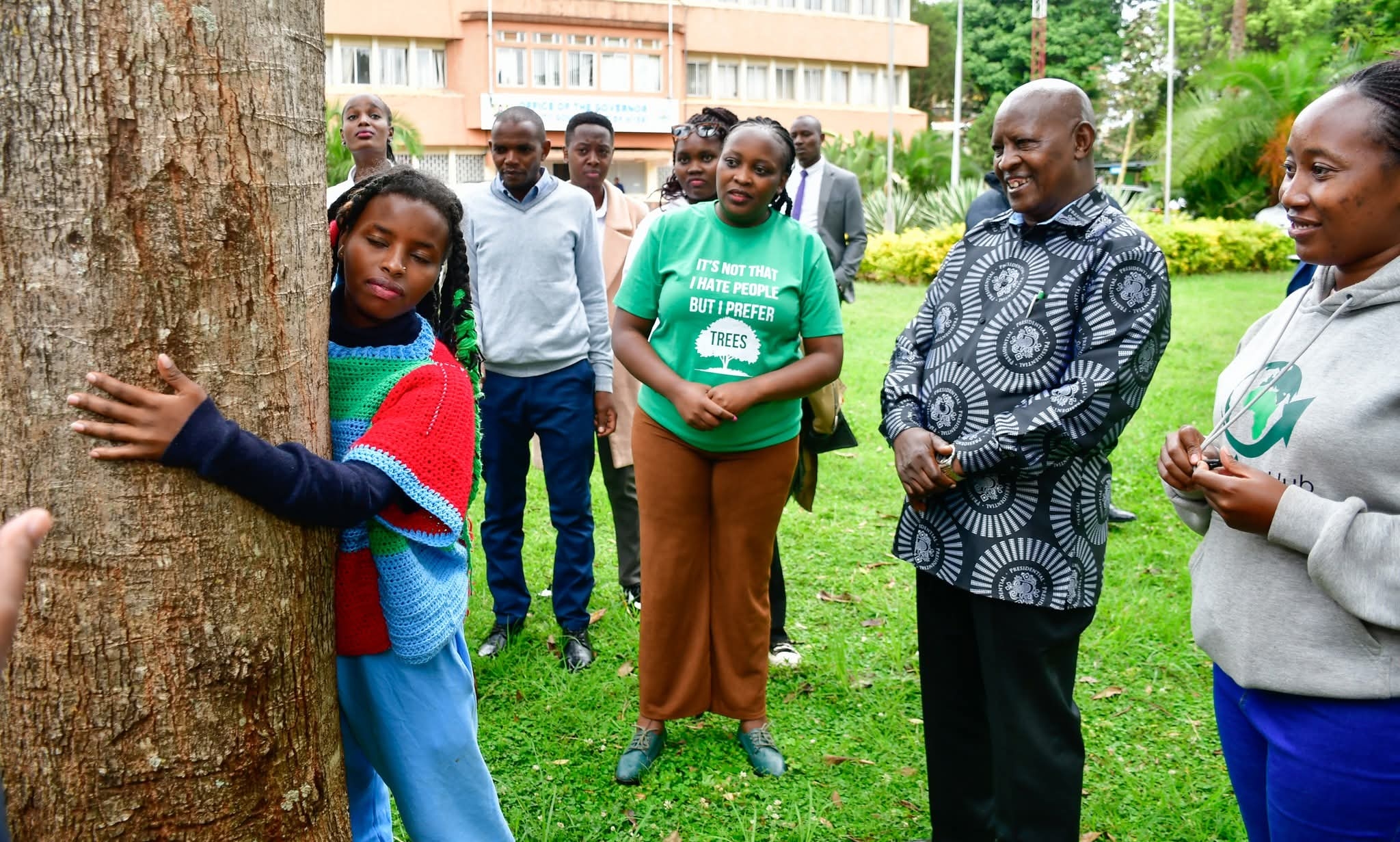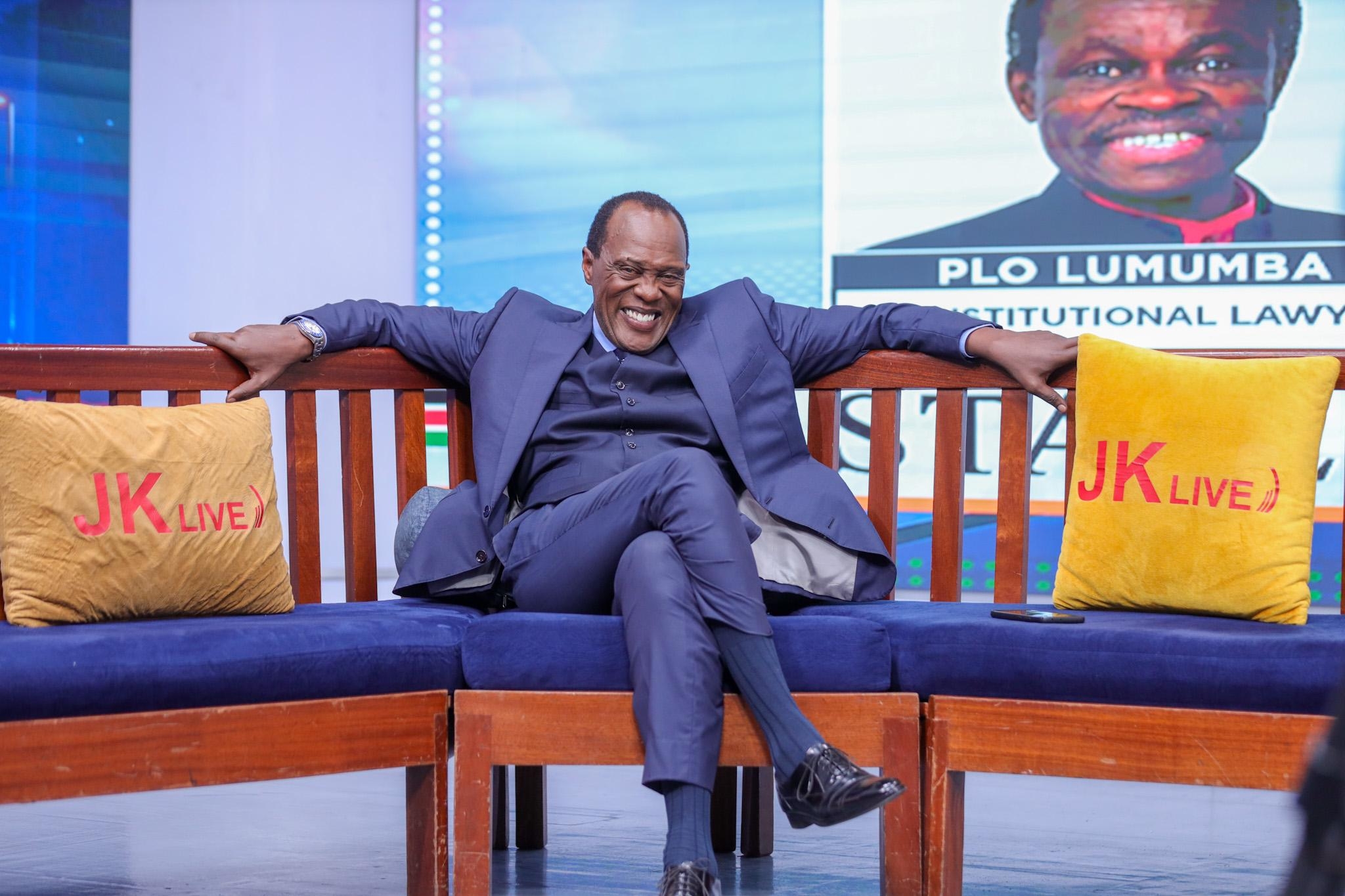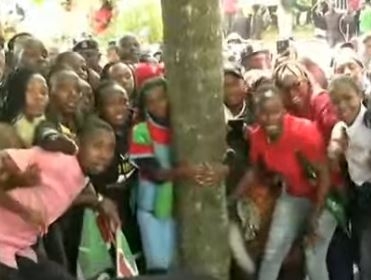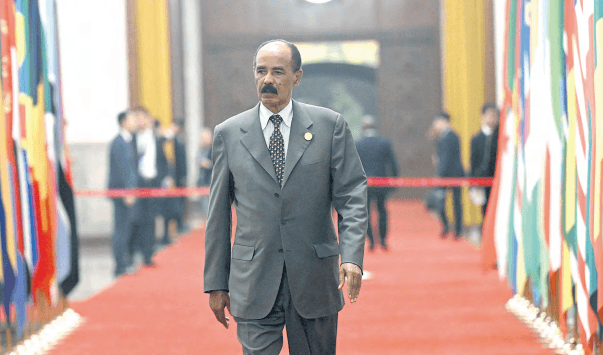

For 30 long years, Jehovah’s Witnesses in Eritrea have endured relentless persecution. This is not just a violation of their fundamental right to freedom of worship and religion, but a stain on the conscience of the international community.
Since a 1994 presidential decree, Jehovah’s Witnesses have been harassed, tortured and imprisoned, often without formal charges.
This decree eliminated the option for alternative civilian service, leading to the imprisonment of young Witnesses who conscientiously objected to military service.
The raid on a peaceful religious gathering on September 27, 2024, which resulted in the imprisonment of 23 Witnesses, including a pregnant woman and elderly individuals, underscores the severity of this persecution.
The statistics are alarming. Four Jehovah’s Witnesses have died in prison, and three elderly ones have died post-release due to the extreme conditions they endured.
The total number of imprisoned Witnesses has now reached 64, with 13 over the age of 65. This represents a 56 per cent increase from the previous total of 41 imprisoned Witnesses.
These numbers are not just statistics; they represent lives disrupted and families torn apart by a regime that shows no regard for basic human dignity.
For Kenyans, this issue resonates deeply. Kenya has a rich history of advocating for human rights and religious freedom, values that are enshrined in our own Constitution.
Legal avenues have been pursued to address this injustice. Beginning in 2014, the dire situation prompted the appointment of United Nations Special Rapporteurs to investigate human rights abuses in Eritrea.
Their reports have consistently called on Eritrean authorities to respect the rights of Jehovah’s Witnesses. Yet, the persecution continues unabated, a testament to the Eritrean government’s disregard for international human rights norms. In 2018, the Lawyers Associated for Human Rights in Africa filed with the African Commission on Human and Peoples’ Rights a complaint on behalf of individual Jehovah’s Witnesses.
The ACHPR admitted the complaint and in clear provisional measures urged the Eritrean government to address the denial of basic human rights to Jehovah’s Witnesses. The ACHPR decided the complaint in 2023 but has not yet released it.
During the delay in releasing the decision, the raid described above resulted in an entire religious congregation being jailed indeterminately, prompting an application to the Commission for further provisional measures on October 17, 2024, which is currently under consideration.
The plight of children of Jehovah’s Witnesses is particularly harrowing. In April 2022, LAHRA filed a complaint with the African Committee of Experts on the Rights and Welfare of the Child on behalf of expatriated family members of children of Jehovah’s Witnesses still inside Eritrea, following a 2017 report that detailed the harsh treatment of these children.
Imprisonment, physical abuse, expulsion from school and separation from their parents are just some of the atrocities they face.
The complaint was heard on April 23, 2024. While LAHRA is confident of a favorable result, in the meantime, the suffering of these children continues.
I, along with many international human rights lawyers, call on the Eritrean government to engage in meaningful dialogue with representatives of Jehovah’s Witnesses and to respond to the ongoing cases at the ACHPR and ACERWC involving human rights violations.
The Eritrean government must heed the various diplomatic eff orts aimed at resolving these human rights violations.
We also urge the government to reverse the 1994 presidential decree, restore the citizenship of Jehovah’s Witnesses, release all imprisoned Witnesses, and recognise conscientious objection to military service by providing a genuine, non-punitive alternative just as it did in the past to the benefi t of Eritrean communities.
The international community, including Kenya, must not remain silent. It is time to hold Eritrea accountable for its actions and to ensure that the human rights of Jehovah’s Witnesses are respected.
The world must stand in solidarity with these victims of persecution and demand justice. Only then can we hope to see an end to this 30-year nightmare.


